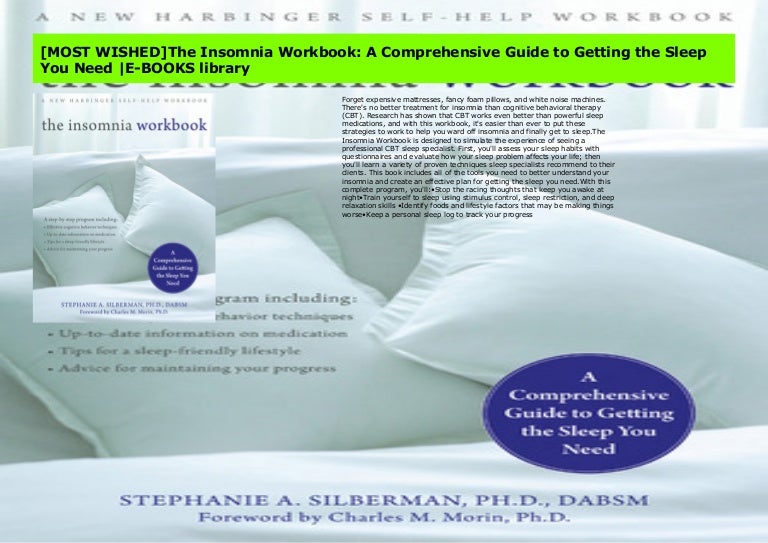

Difficulty getting to sleep lasts at least 3 months, and occurs at least 3 nights per week.One of: Difficulty getting to sleep, maintaining sleep, or waking up.There are many conditions that must be met to be diagnosed with insomnia disorder: Insomnia Disorder (formerly known as primary insomnia) is the main type of clinical insomnia. It’s much more general than the categories set by the ICD. Just for an alternative perspective, we can look at how the DSM categorizes insomnia. Insomnia Disorders According to the DSM Insomnia can make it hard to stay awake during the day It’s usually related to adjustment insomnia that hasn’t fully resolved over a longer time period. This is not a common diagnosis, but is sometimes used when a patient doesn’t fall into any of the above categories. Other Insomnia Not Due to a Substance or Known Physiological Condition This type of insomnia was created for them, as they will likely need specialized treatment to treat the underlying cause. However, people that struggle with anxiety disorder or depression often develop insomnia.
#Types of insomnia books full
Having some anxiety at night doesn’t necessarily mean that you have a full blown anxiety disorder. Other names: Anxiety disorder, Depression Things like overthinking and anxiety typically fall into this category. It describes insomnia that is caused by biological (physical) or psychological (mental) problems. It is the most common subtype of insomnia. This is the type that most of us think about when you think about insomnia. However, the sleep quality is usually low, so people with paradoxical insomnia still usually feel unrested even on “good” days. They are very aware of their surroundings during this period, and may believe that they only slept a few hours, when in fact they slept many more. Paradoxical Insomnia is a rare condition where patients appear to be asleep to those around them, but feel fully awake for most of the night. If you'd like to read more, see our page on what causes sudden insomnia. This is one of the few situations where insomnia will typically resolve on its own over time. This is typically what pregnancy insomnia would be categorized as. This is typically caused by a specific event (mourning the loss of someone) or by a temporarily stressful situation (changes in your job or traveling). Other names: Transient insomnia, Acute insomniaĪdjustment insomnia describes a short period where someone has trouble sleeping. See what doctors prescribe for insomnia for more details. early morning awakening insomnia versus trouble getting to sleep), the solution may involve medication, counseling, or simple lifestyle changes. If the cause isn’t evident to your doctor based on your history, he or she can recommend a sleep study.ĭepending on the particular issue (e.g. There’s a wide variety of potential causes of primary insomnia. Those fall under different types of insomnia. However, it does not apply to people with mental disorders, substance use issues, or other medical conditions. Primary insomnia describes difficulty getting to sleep or maintaining sleep over a long period of time. Other names: Idiopathic insomnia, Chronic insomnia

The 6 Main Types of Insomnia Primary Insomnia
#Types of insomnia books manual
The Diagnostic and Statistical Manual of Mental Disorders (DSM) is used mainly in America, and has 3 mental disorders involving insomnia.
#Types of insomnia books for free
It’s created and maintained by the World Health Organization (WHO) and is available for free and is updated every few years and has 6 main different types of insomnia. The International Statistical Classification of Diseases and Related Health Problems (ICD) standard is used by doctors around the world and is the most popular. There are 2 main medical classification lists used around the world. The answer to how many different types of insomnia there are depends on who you ask.


 0 kommentar(er)
0 kommentar(er)
